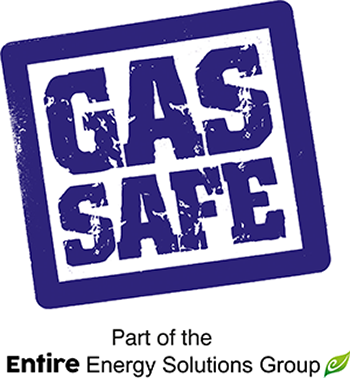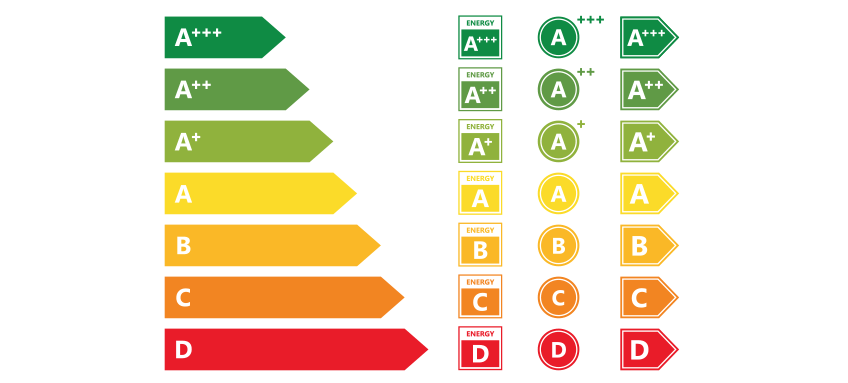February 1, 2023 in Combi Boiler, Hints & Tips, New Boiler
Do you know what boiler efficiency ratings are and how they’re calculated? Boiler efficiency ratings are an important part of making sure your heating system is running safely, efficiently and cost-effectively.
Typically, heating and hot water account for over half of what you spend each year on energy bills, so an inefficient boiler will increase both your carbon footprint and your energy bills.
It’s important to understand the different levels of efficiency available as well as how they are calculated in order to make informed decisions when purchasing a new boiler or carrying out energy efficiency upgrades.
In our latest blog post, we explain the energy efficiency ratings of boilers and what they mean, as well as the government schemes in place to make boilers more efficient and how much money a new boiler could save you.
What Does Boiler Energy Efficiency Mean?
Boiler efficiency rating is measured by calculating the amount of energy that is used to heat water and keep your home warm in comparison to the amount that is lost or wasted. For example, a boiler that is 75% efficient means that 25% of the energy is lost.
In the UK, boiler efficiency is measured through an ErP rating, this measure replaced the old rating method known as SEDBUK (Seasonal Efficiency of Domestic Boilers in the UK) in 2015 though many manufacturers still provide the SEDBUK efficiency rating in their product information.
ErP stands for Energy Related Products and is a directive legislated by the European Union. Using ErP, boilers are given a rating on an A scale, ranging from A-G. The higher the letter grade, the more efficient the boiler is considered to be. Whilst higher ratings such as A++ are available, these can only be achieved using renewable technologies.

How Efficient Should My Boiler Be?
In 2018, the Government announced the Boiler Plus standards which state that the new minimum performance standard for domestic gas boilers in homes will be set at 92% ErP. However, this doesn’t apply to boilers in existing properties.
Ideally, your boiler should be A rated. As well as being more reliable and adding value to your home, the key benefit of a more efficient boiler is the lower running costs, this is because modern boilers are condensing and so recover more heat from the exhaust flue.
If you currently have the lowest rated boiler (G), upgrading to an A rated boiler can save you as much as £840 per year when used with programmable room thermostats and thermostatic radiator valves (TRVs); easily covering the cost of a new boiler in just a few years.
For more information, take a look at our blog post on how upgrading your boiler can save you £100s on your energy bills.
What Rating is My Boiler?
If you’re wondering how efficient your current boiler is, you should check for a sticker on the boiler which will show the efficiency rating. If you can’t find the sticker, we recommend searching online for the model and make of your unit where the efficiency rating should be available.
Without the sticker or model number, finding the rating on your own can be difficult. We recommend calling a gas safe registered engineer to come and check your boiler who will be able to find the make and model to determine how efficient the unit is.
If you find your boiler is not A-rated, we would highly recommend getting a quote on a new boiler to see how much you could save in the long term by upgrading. A boiler installation is typically not a messy job and can be completed in as little as 1 day if it’s just the unit being upgraded.
If you are living in a rental property, the landlord may be able to provide you with the boiler’s energy efficiency information from previous servicing. However, it’s important to note that as long as the boiler is working safely and being serviced, they do not have any legal obligation to upgrade your boiler but it may save them money over time on repairs.
Get a Free Quote On An A-Rated Boiler
At Gas Safe, we’ve helped to upgrade 100s of boilers in the South West and beyond, saving households on their energy bills.
A boiler can be a significant investment which is why we offer 0% boiler finance options which allow you to pay a fixed monthly fee with no deposit required.
To find out more about upgrading your boiler with Gas Safe, give us a call today on 0117 964 0078, fill out a contact form below or get a free instant boiler quote here.

















